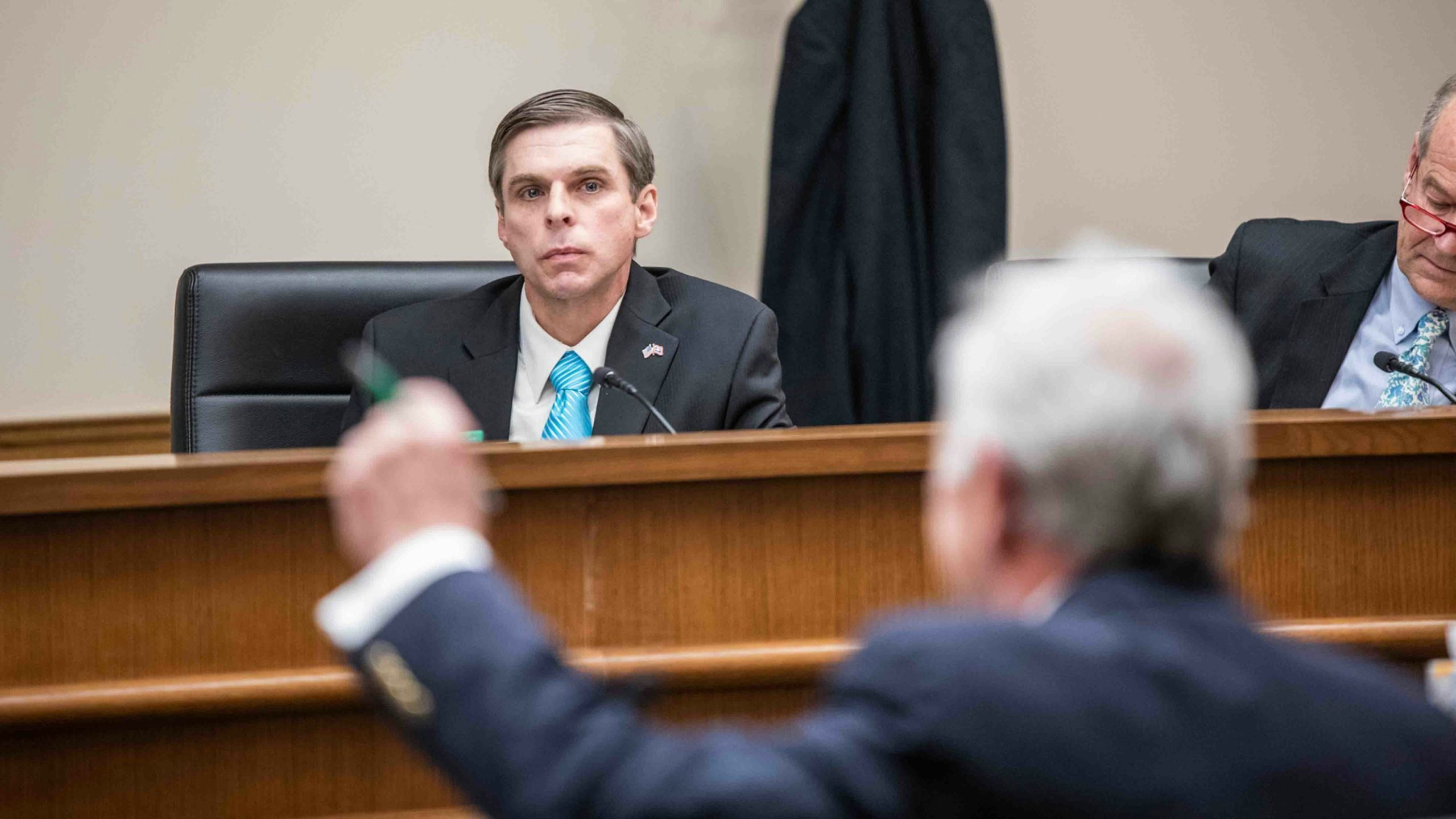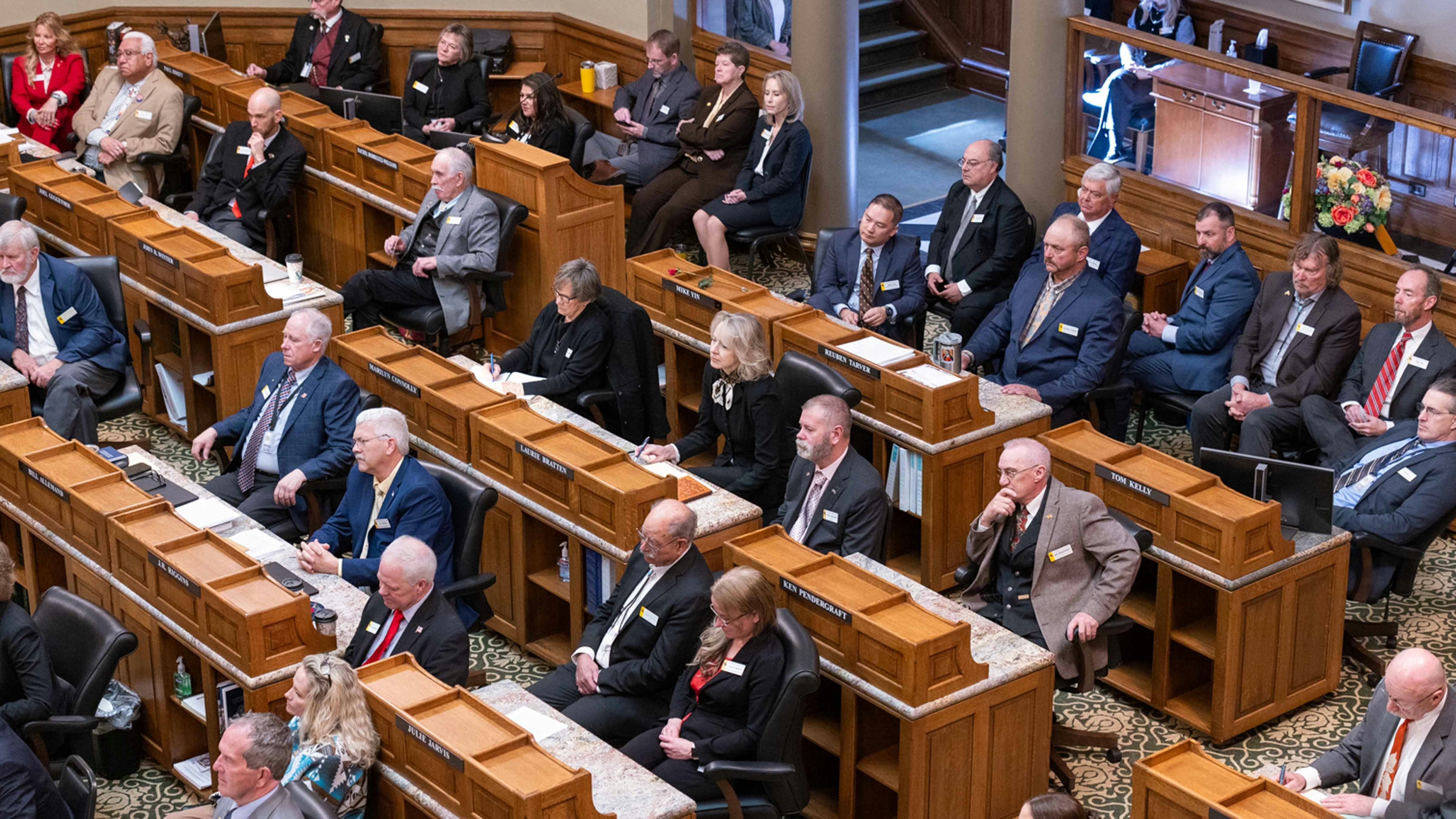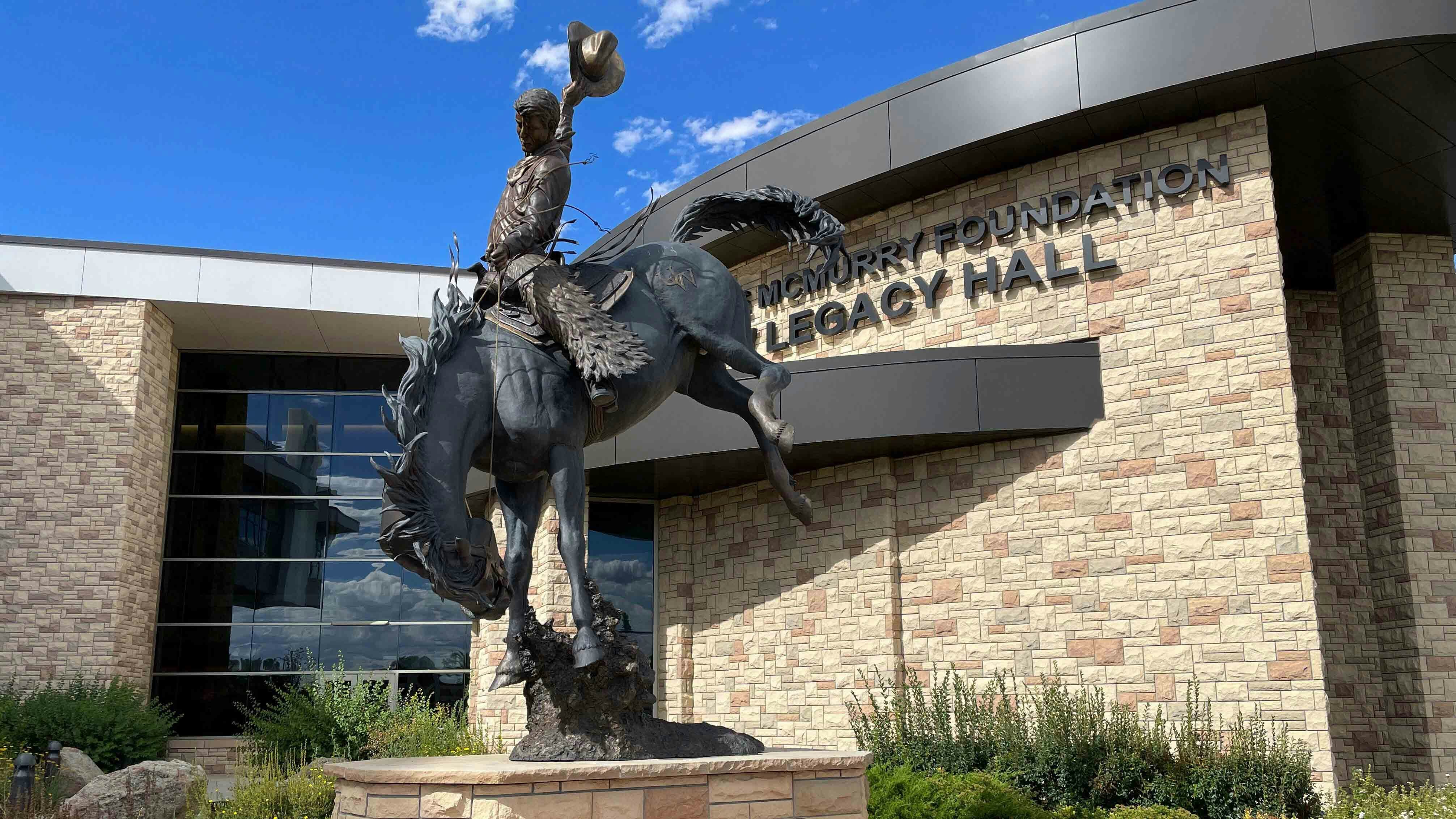By Wyoming State Rep. Mark Baker
Last year, I augmented my role as an elected member of Wyoming’s House of Representatives to become a witness before the House Judiciary Committee as it considered whether cannabis should become legal in our state.
I told my colleagues about my life-long struggle with ulcerative colitis, which forced me to leave the military as I underwent elaborate treatments, dropping in weight from 160 pounds to only 119.
I spoke of how using cannabis helped me get through that physical trial. I acknowledged that cannabis, like any drug, can be abused – but asserted the key to assuring a drug’s proper place in society is well-crafted regulation, not outright prohibition, when we know the drug has certain benefits.
Today, cannabis remains illegal in Wyoming, even as almost three-quarters of U.S. states now permit medical uses and about half of those also allow more general adult use. But my experience with the drug’s benefits compels me to remain in the fight for legalization within this state and for updating laws at the federal level, where cannabis also remains illegal.
After I leave the state legislature at this year’s end, I will continue to lend my voice to reform efforts within Wyoming and beyond. It is time for this change.
My personal experience with cannabis is only part of the story of its medical applications. Many military veterans have turned to cannabis to help address the mental and physical illnesses resulting from their service. But even if their home state has legalized such use, the continuing federal law against cannabis means that a veteran could lose his or her veteran benefits if that use becomes known to authorities.
The federal ban also affects other Americans who live in states where cannabis is legal, because there is always the risk of an arrest and conviction based on the federal law. That kind of record, we all know, can have a significant impact on your job prospects.
On a broader scale, state-by-state liberalization of cannabis laws has led to a fragmented system of regulation. Some states have fairly strict rules for quality and safety; others do not.
What you buy in your home state and how it is regulated may vary sharply from what you buy just across the state line.
Both Montana and Colorado have legalized adult cannabis use. As Wyomingites buy cannabis elsewhere and bring it into Wyoming, that makes us subject to their varying laws even as Wyoming officially retains its ban.
The tide is shifting toward removing the federal ban on cannabis. Recent public opinion surveys show the public supports such change, with about two-third of respondents nationwide favoring federal reform.
There is bipartisan support for ending the federal prohibition on adult-use cannabis, with the move favored by 58 percent of my fellow Republicans, 83 percent of Democrats, and 70 percent of independents. And, just last week, President Biden initiated a review of how cannabis should be scheduled under federal law.
But even short of landmark change in Washington, we need a solid framework of federal regulation so that we don’t have state laws coming into conflict with each other.
That’s the only way cannabis users can be assured of uniformity in the drug they purchase, and in how they are treated by the law.
It’s also a key to assuring that the cannabis industry can continue to grow wherever it is legal, creating jobs (there already are 428,800 full-time jobs nationwide supported by legal cannabis enterprises) and generating substantial tax revenue.
On the quality and safety front, federal programs are the best way to assure that research into the both the benefits and risks of cannabis is coordinated and thorough, with evidence from that research driving regulations at both the state and federal levels.
Consider also the impact on cannabis reform on law enforcement. With so many other types of crime on the rise – especially violent acts – police and prosecutors should not have to spend huge amounts of time tracking down and incarcerating non-violent offenders amidst today’s murky legal environment where what is permitted in one community is illegal, or legal only to a greater or lesser degree, across the state line.
Cannabis legalization can help reduce negative police interactions, improve police-community relations and make officers’ jobs less dangerous, enhancing public safety.
And we all benefit as the illegal market – sometimes marked by violence, just as occurred in the alcohol market a century ago during Prohibition – is replaced by well-regulated business operating in the open.
The basic question of legalization with states should be left to the states. I hope Wyoming will follow the lead set by other states on legalization. I will work toward that goal. If our people choose not to make the change that is their right.
But the federal government needs to set overall standards on cannabis for the entire nation, following the existing model of control for those other drugs.
Some lawmakers in Washington are working to address these challenges.
Recently, I was pleased to see our own Senator Cynthia Lummis file an amendment to the National Defense Authorization Act expressing that military veterans “should not be denied access to Department of Veterans Affairs home loans on the basis of income derived from State-legalized cannabis activities.”
This is important because, despite VA assurances that no law precludes veterans from receiving home loans if they work at a state-legal marijuana business, some vets still are denied loans for that very reason.
As a veteran, I applaud Senator Lummis for taking this step, but even further, she is setting an example for thoughtful revision of federal cannabis policy that should be followed by others in Washington.





